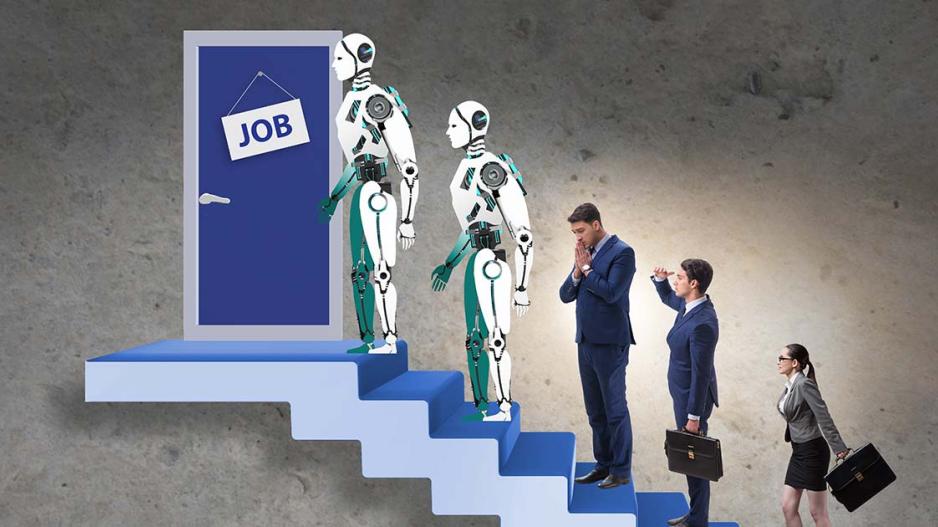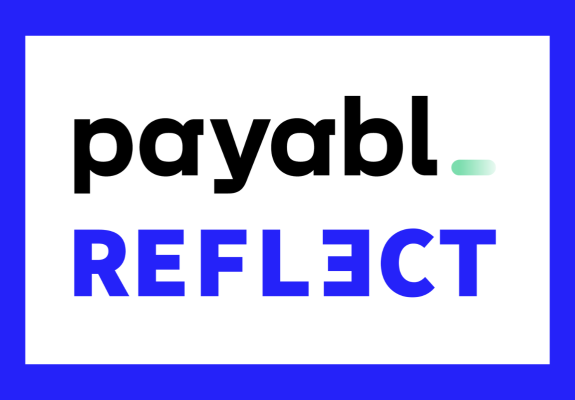What Is FOBO? The Growing Workplace Concern in the Age of AI
Fear of Becoming Obsolete Among Employees
The rapid advancements in AI present businesses with a compelling opportunity to boost productivity and efficiency. However, while CEOs rush to adopt the latest technologies, their employees face a different side of the AI revolution—FOBO (Fear of Becoming Obsolete).
This growing concern stems from employees’ fear that the pace of AI development is outpacing their ability to upskill, leaving them redundant in the workplace.
A recent Gallup survey revealed a rise in FOBO among U.S. employees. In 2024, 22% of respondents expressed concern that their jobs could become obsolete due to technological advancements, up from 15% in 2021.
The term FOBO was frequently discussed during this year's World Economic Forum in Davos, Switzerland.
Speaking on a panel titled "Closing the Jobs Gap," Singapore’s President Tharman Shanmugaratnam highlighted the emerging global jobs crisis. He urged governments and employers to continuously invest in their workforce, ensuring that AI complements workers' skills rather than rendering them irrelevant.

Business leaders should focus as much on workforce upskilling initiatives as on acquiring the latest AI tools, said Ravin Jesuthasan, a renowned expert on the future of work, in an interview with Business Insider.
"There’s a return on investment in ensuring employees don’t fall behind," Jesuthasan noted. Simply providing access to tools like ChatGPT won’t deliver results, as adoption rates tend to be low without proper training. Companies should make training mandatory, allocate work hours for learning, and adopt strategic approaches to workforce development.
Real ROI, Jesuthasan explained, comes from identifying tasks likely to be replaced by AI. Employers can then reassign freed-up employees, assess the skills they need, and reskill them to contribute to growth.
FOBO may be particularly pronounced among senior employees, Jesuthasan observed. High-ranking workers may avoid using AI tools, relying instead on assistants or teams. Many have not received significant technical training in decades.
One effective approach to address this gap, Jesuthasan suggested, is reverse mentoring, where younger employees—more experienced with modern technology—mentor senior staff.
However, the focus isn’t solely on digital skills. Younger generations bring a different worldview, which will be critical for AI's future. "They’re more adaptable because they’ve grown up in an unpredictable world," Jesuthasan explained. "Unlike older generations, they haven’t had the luxury of pursuing a single career path for life."






